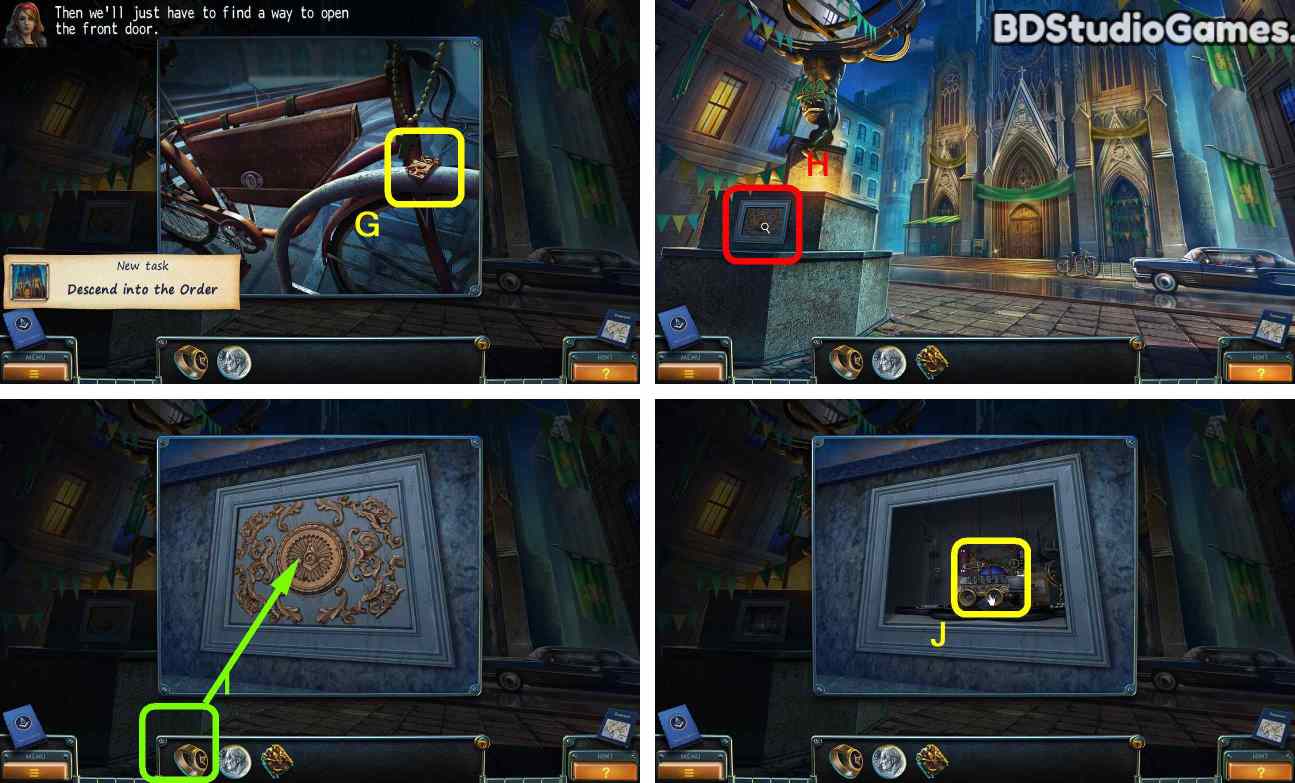

Video games, even though they are one of the present's quintessential media and cultural forms, also have a surprising and many-sided relation with the past. In this way, it may be possible to deliver cultural content not only to the public, but indeed through the public. It is argued that this offers a possibility for an alternative approach to cultural heritage in games, where experts collaborate with audiences to modify existing commercial video games for heritage purposes. Simultaneously, commercial games often attract strong fan communities, and in many cases the fans modify games for their own purposes, in some cases specifically to enhance the cultural content or to adapt the game to a particular historical setting. As a consequence, purpose-built serious games are often unsuccessful, and have difficulty retaining an audience. Using a range of examples mainly from the role-playing game (RPG) genre, this paper explores the challenges of working with video games for culture, and argues that in the academic field, dependence on limited funding presents a significant barrier to exploring cultural heritage through such projects.

Numerous scholars have not merely examined these possibilities, but made attempts to realise them by developing culture-oriented games. The concept of applying of applying video game technology for the exploration and popularisation of cultural heritage is a powerful one, offering many possibilities and advantages.


 0 kommentar(er)
0 kommentar(er)
